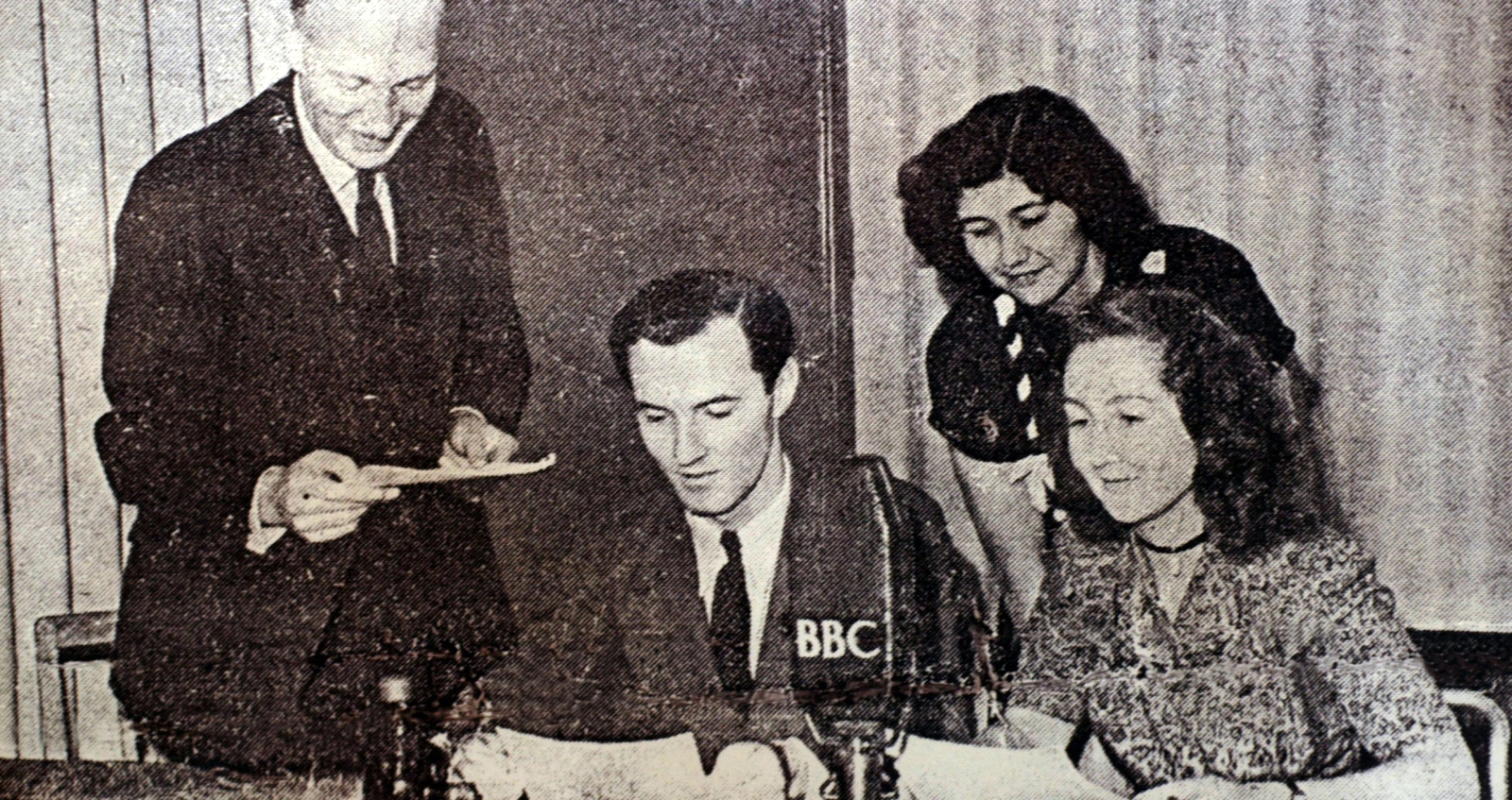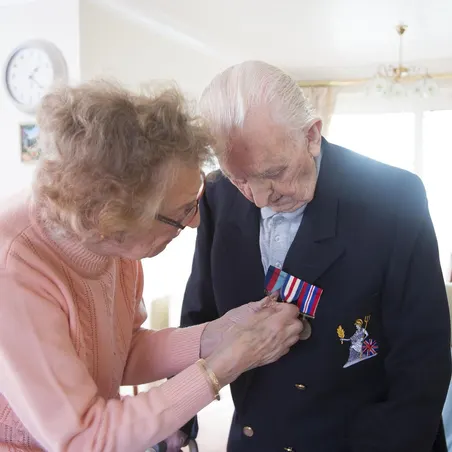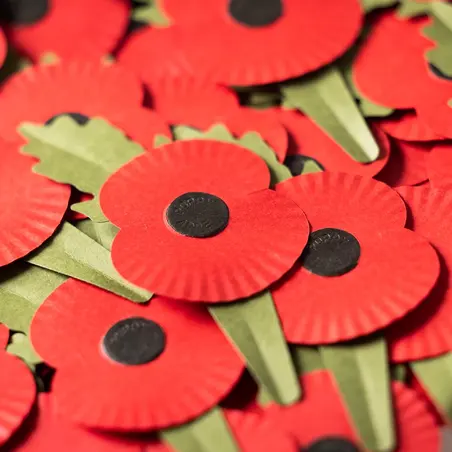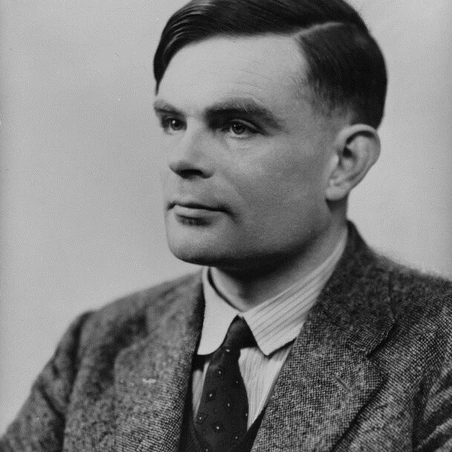From spies being rescued by Polish countesses to working with the legendary Colonel Buckmaster, Noreen Riols recalls what it was like to work as part of Churchill's Secret Army.
I have no idea who recruited me, or why. I decided to join the Women’s Royal Naval Reserve, partly because I belonged to a naval family, but also because I liked the hat – I thought it was most seductive.
But I was sent to the Foreign Office and closeted with a high-ranking Army officer who started asking me a whole lot of questions that didn’t have much to do with the Navy. He was leaping backwards and forwards between English and French like a demented kangaroo.
It was obvious they desperately wanted anyone who could speak fluent French and, as I was at the French Lycée in London, I fitted the bill. So I found myself outside this large building in Baker Street that I thought was just another ministry.
The less you know, the less you can reveal
I was told, "Nobody must know what you do here. Not your mother, not your father, your sister, your brother. And don't ask questions."
The notice on the door – Inter-Services Research Bureau – meant absolutely nothing, which was the whole idea. I didn't realise that I was actually at the headquarters of Churchill's secret army.
Behind those walls, representatives from every occupied country were organising acts of sabotage and infiltration, while behind enemy lines, secret agents were flooding in via fishing boats, parachutes and submarines.
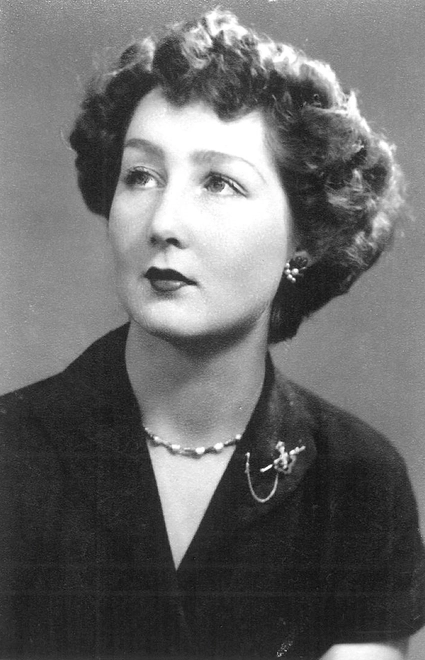
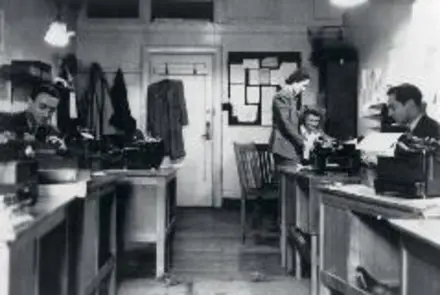
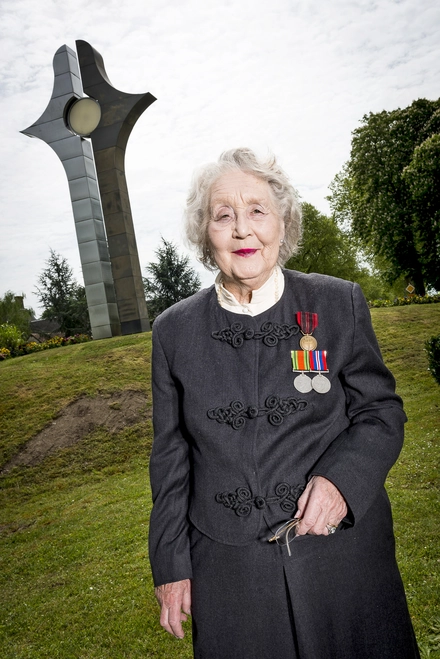
I was a member of the SOE [Special Operations Executive] from 1943 to 1945.
I was sent to work for F – for ‘France’ – Section, which was headed by the legendary Colonel Buckmaster.
I had to get the agents down to the basement where they were all collected.
I would hand them over to an old sergeant who was a veteran from the First World War and who appeared to have an unlit hand-rolled cigarette glued permanently to his upper lip.
Somehow they got across to the BBC World Service’s Headquarters at Bush House, but I don’t know how. Nobody asked questions. They had to be down there by five o’clock because they went out on the 7:15 bulletin.
After that, if the spies returned – and half of them didn’t – they used to go immediately to our flat in Orchard Court to be debriefed.
I often went with the two debriefing officers, and for me it was a revelation to see the different reactions. There didn’t seem to be any reason why some should take it so calmly and others should be shattered.
Some of them were absolutely shattered, their hands shaking uncontrollably as they smoked cigarette after cigarette. Others were as cool as cucumbers.
I realised then that we all have a breaking point.
Until we’re actually faced with it, we don’t know when it is going to be.
One of the times that sticks out in my memory was when Francis Cammaerts was sentenced to death. He'd was imprisoned in a fortress that was absolutely impregnable.
The Germans had been looking for him for nine months and had finally got him, and he was to be executed at dawn the following morning. He was only 29, he had a wife and two children, and we were all terribly down in the dumps.
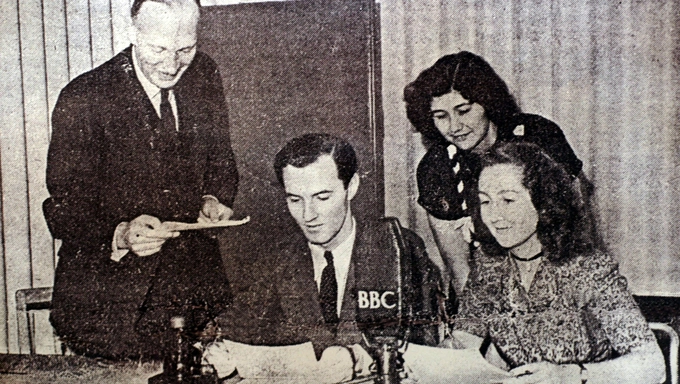
Not only was he one of our best agents, but we liked him and felt very sorry for his family. And then a signal came through that he’d escaped.
It was his courier Christine Granville – a Polish countess – who had managed to get him away.
She knew where he was and went round the walls of the prison singing a tune that they both knew, and she heard from one cell that he was answering her with the same tune. She then went to the prison governor and really bluffed her way through.
She said she was a member of the royal family, which she wasn’t, and that the war was going to be over very soon and she would speak up for him but only if Francis wasn’t executed.
She bluffed her way through and somehow they let him escape.
He was passed to someone who took him outside the prison gates, where she met him with a car. After his release, they went together and celebrated in the next town, which had just been liberated by the British.
I fell madly in love with an agent who had just come back from a mission and, oddly enough, he reciprocated my feelings. We had an idyll which lasted three months and then he went off on another mission, a very dangerous one, and didn’t come back.
I was absolutely devastated at the time. That’s why when the war ended I didn’t want to have anything to do with anybody. An awful lot of women who worked for SOE did have their hearts broken.

